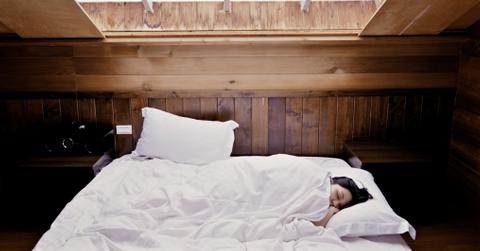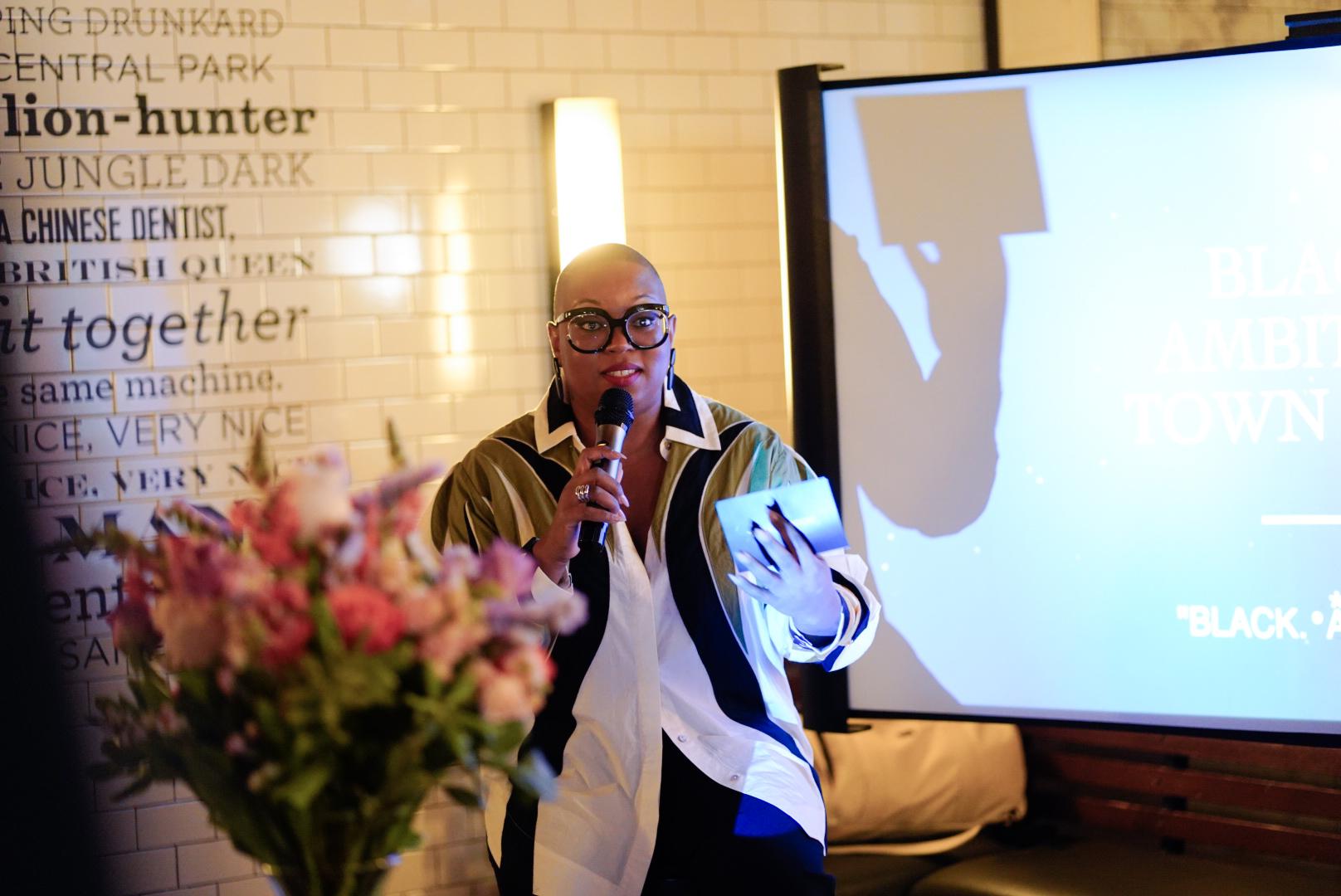Why Sleep Deprivation Is Not Something To Brag About

It’s about time we have a real conversation about the nature of sleep, even while on the grind.
From pulling all nighters in college, through to the can’t stop won’t stop hustling dreamers, to the always streaming technology of Netflix – not sleeping has become expected, accepted, and the new norm.
Each day throughout my senior year of college I was repeatedly told, “You can sleep when you’re dead. After you graduate, are you really going to wish you slept more?” Maybe not after graduation, but years later? Yes, I will definitely wish I slept more.
In 2014 Wale tweeted, “in our generation ‘not sleeping’ somehow means working? Just because ur up all the time don’t mean your applying yourself.”
in our generation “not sleeping ” somehow means working? Just because ur up all the time don’t mean your applying yourself.
— Wale (@Wale) June 9, 2014
The problem is, if we don’t sleep or get enough of it, there’s no way we will be able to fully apply ourselves. No matter how hard we try, our bodies without fail will stop us first – just ask Arianna Huffington who just released her latest book, The Sleep Revolution.
After hitting her head and collapsing at work in 2007 due to utter exhaustion, Huffington decided she needed to make a change for herself and the culture of work everywhere. She has called for an end to our sleep deprivation crisis, where so many of us view sleep as a waste of time, or time spent not working. Yet, as Penguin Random House mentions in their review, “In today’s fast-paced, always-connected, perpetually-harried and sleep-deprived world, our need for a good night’s sleep is more important – and elusive — than ever.”
The ultimate problem is that we equate lack of sleep with success. However without sleep it will take us even longer to reach our dreams.
Notice the long list of awfulness that come with sleep deprivation including a decrease in our level of patience, difficulty focusing for long periods of time, weight gain, and more.
There is no added wealth gained from less sleep. At most, only small tasks will get complete (most likely in poor quality), fun times may be had, FOMO may decrease for time being, but the negative impact will still last over time.
“We all have a lot more discretionary time than we think,” Huffington says. “You know, you don’t have to watch House of Cards. These things are optional.”
Getting more sleep has to be a choice priority – a place of focus. If you’re like me and get into the non-stop, creative, work flow (especially late at night), it can be challenging to cut yourself off. However, the sensation of feeling fully rested and complete the next day is the ultimate reward.
If you’re with the revolution, and you want to get more sleep, check out these tips below on how you can proactively aim to accomplish your new goal of seven hours (or more) sleep per night.
- Ease Your Way In – Start with just 30 minutes – As with any new habit we want to pick up, it’s all about starting small and working our way up. If the idea of committing to another hour of sleep each night is too overwhelming commit to 20 or 30 minutes first. Once you see how fabulous you’ll feel, you’ll want even more!
- Create A Bedtime Ritual – Unfortunately technology has severely cramped our ability to fall asleep. Our separation anxiety from email, swiping, Hulu, and Instagram have taken away the peace that is supposed to surround our sleep. To eliminate all the clutter carve out your own unique end of day routine. Whether that means putting away your phone, laptop, and tablet an hour before bed, slipping into special pajamas, or reading your favorite magazine, create a ritual and practice it.
- Give Yourself Permission – Yes, I’m talking to you perfectionists out there, let it all go! Sometimes what keeps us from falling asleep is stress, anxiety, fear, and a general feeling of lack of control. If we don’t give ourselves permission to relax, decompress, and settle, sleep will never come easily.
- Naps Are Very Much Okay – Booming companies like Google, The Huffington Post, and Zappos are huge supporters of naps. In addition to raising our ability to focus and be productive, napping can also lower feelings of anxiety and depression too. Whether at work or at home, never feel guilty for indulging in the perfect nap!





